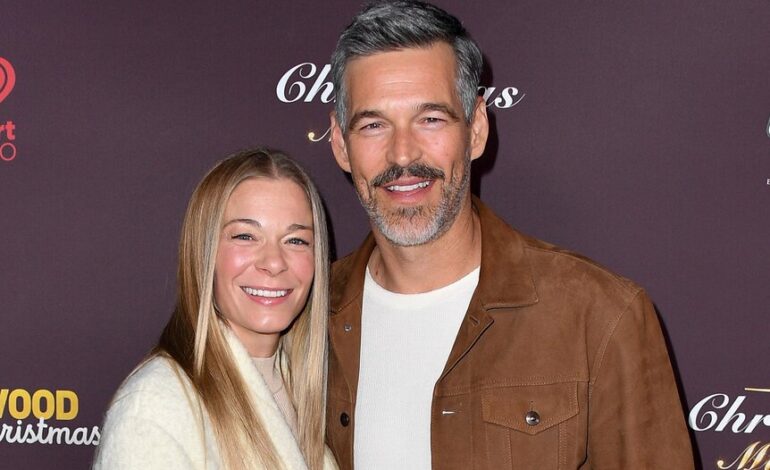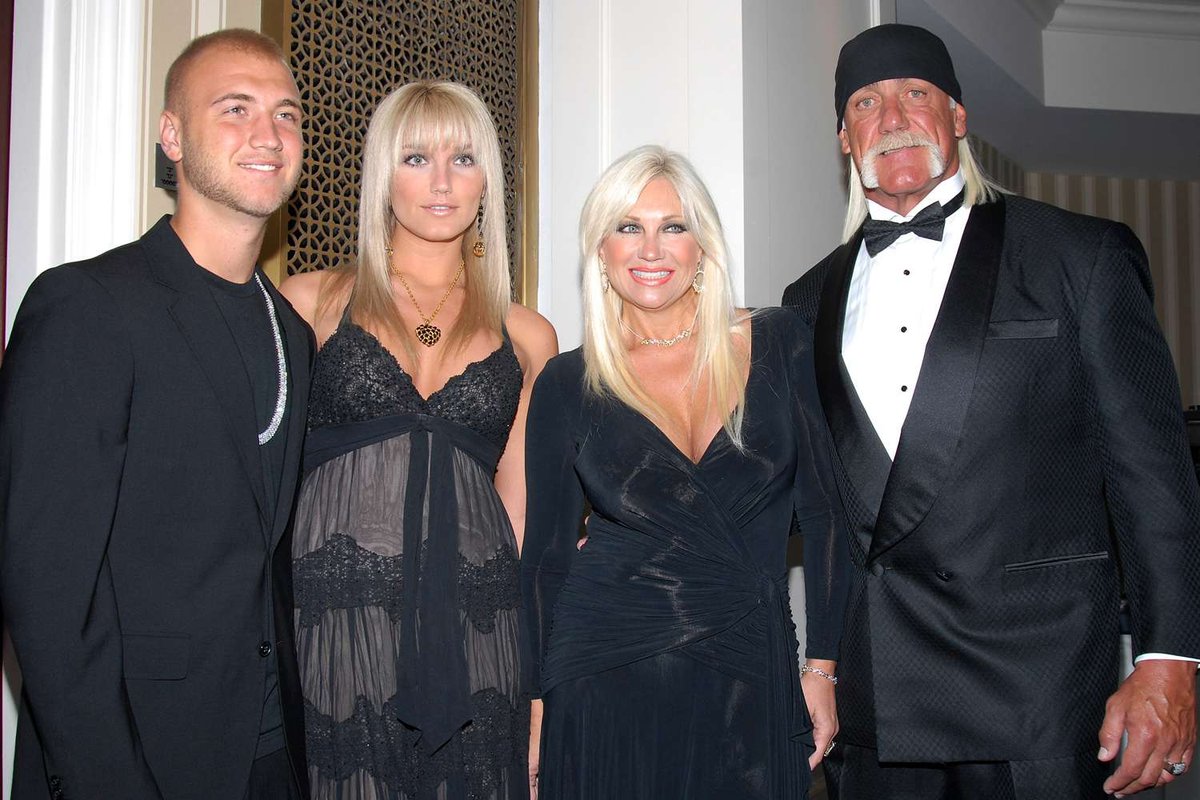LeAnn Rimes Reinvents Resilience After Eddie Cibrian Backlash

Objective analysis reveals how LeAnn Rimes converted an avalanche of criticism into personal empowerment. After news broke in 2009 of her affair with actor Eddie Cibrian—each still married at the time to Dean Sheremet and Brandi Glanville, respectively—Rimes became a focal point for public ire. Coverage in E! Online and her candid July 7 interview with Flow Space underscore a transformation from defensive starlet to introspective artist.
Initial fallout came swiftly. Tabloid headlines and social media feeds amplified fan outrage over the high-profile liaison that spanned red carpets and private getaways. Rimes, then in her early 30s, found herself the target of widespread moral judgment, with many viewers projecting their unresolved grievances onto her. In her Flow Space discussion, she pinpointed that projection as the crux of her struggle: “I was a target that was just easily projected upon. And once I realized that, things got a lot easier.” By identifying the root of collective anger, she shifted focus from external criticism to internal responsibility.
Rather than remain mired in guilt, Rimes built a strategic framework for emotional recovery. She combined self-reflection—acknowledging “what I’m responsible for in the situation and making amends for that”—with a boundary-setting practice that refused to carry the world’s pain. This dual approach mirrors resilience theories endorsed by clinical psychologists, who note that separating personal accountability from communal blame can accelerate healing. Rimes’ decision to “let that guard down,” after decades under the spotlight since her breakout at age 13, illustrates an adaptive pivot from fear of judgment to authenticity.
Media monitoring data from social platforms reveals a notable shift in tone around Rimes’ public engagements. Pre-2020 interviews often carried a defensive edge; more recent appearances emphasize vulnerability and growth. Rimes herself characterizes this evolution as moving “from survival to thriving to—if there is a level up from thriving—to truly living.” Such language echoes established models of post-traumatic growth, which emphasize finding new purpose following adversity.
Rimes’ journey is not an outlier in Hollywood’s landscape of scandal recovery. For instance, Kristen Stewart and Rupert Sanders navigated backlash after their 2012 affair with measured transparency, leading Stewart to embrace diverse roles and personal authenticity (reported by People Magazine). Similarly, Ben Affleck and Jennifer Garner endured divorce-driven rumors before publicly emphasizing co-parenting stability and eventual reconnection with Jennifer Lopez (as covered by Vanity Fair). Each case highlights a sector-wide pattern: celebrities who acknowledge fault, enact corrective steps, and realign public narratives often regain audience trust.
LeAnn Rimes’ story confirms that public forgiveness hinges less on erasing past mistakes and more on demonstrating genuine accountability paired with visible self-improvement. As she articulates, “I don’t feel like I’m ever in hiding,” signaling a turn toward transparent living. Her experience offers both fans and cultural observers a blueprint for converting controversy into a catalyst for resilience. More updates will follow as details emerge—stay informed, stay critical, and follow the facts.
Sources: Celebrity Storm and E! Online, Flow Space interview, People Magazine, Vanity Fair
Attribution: Creative Commons Licensed




